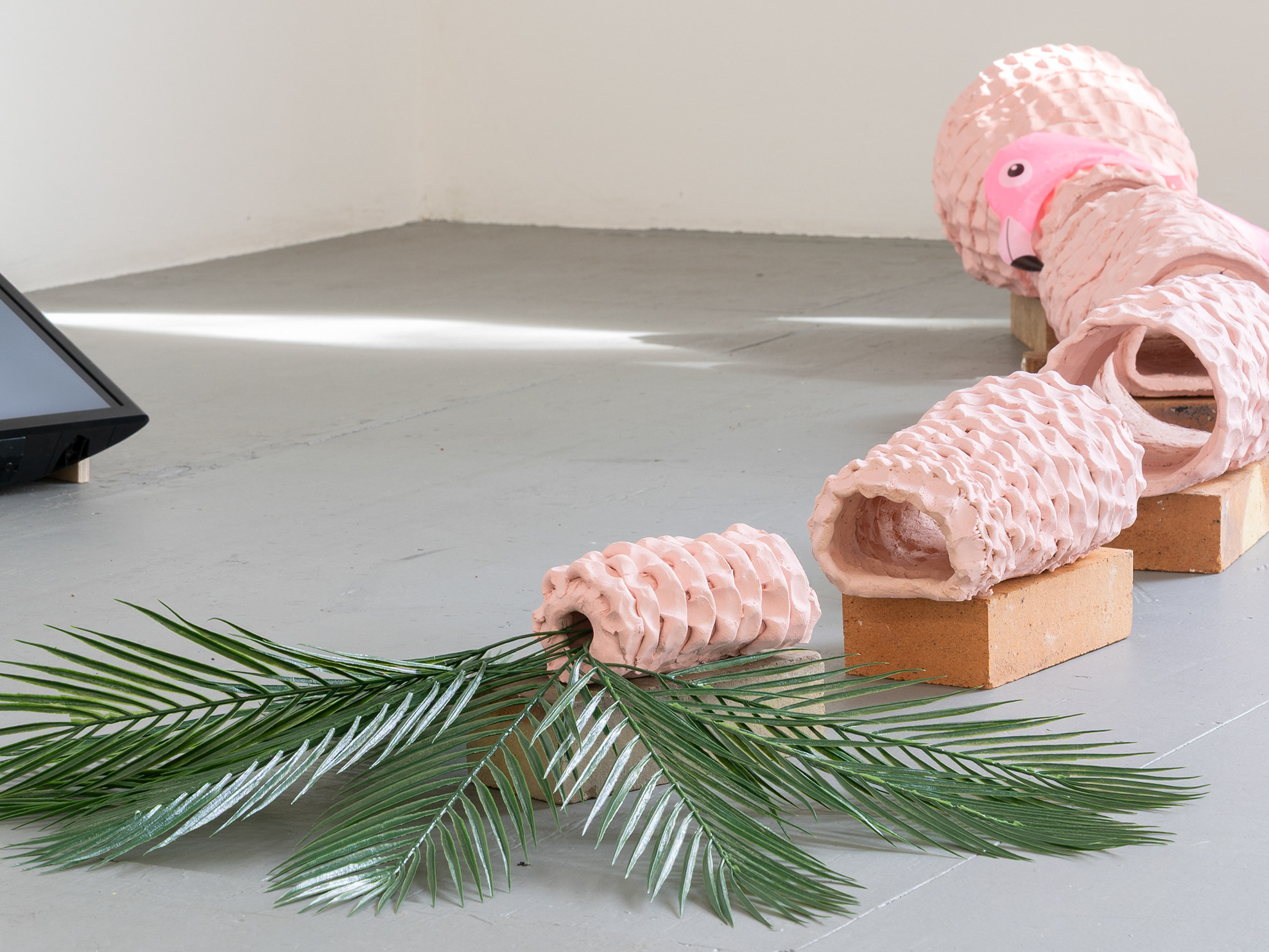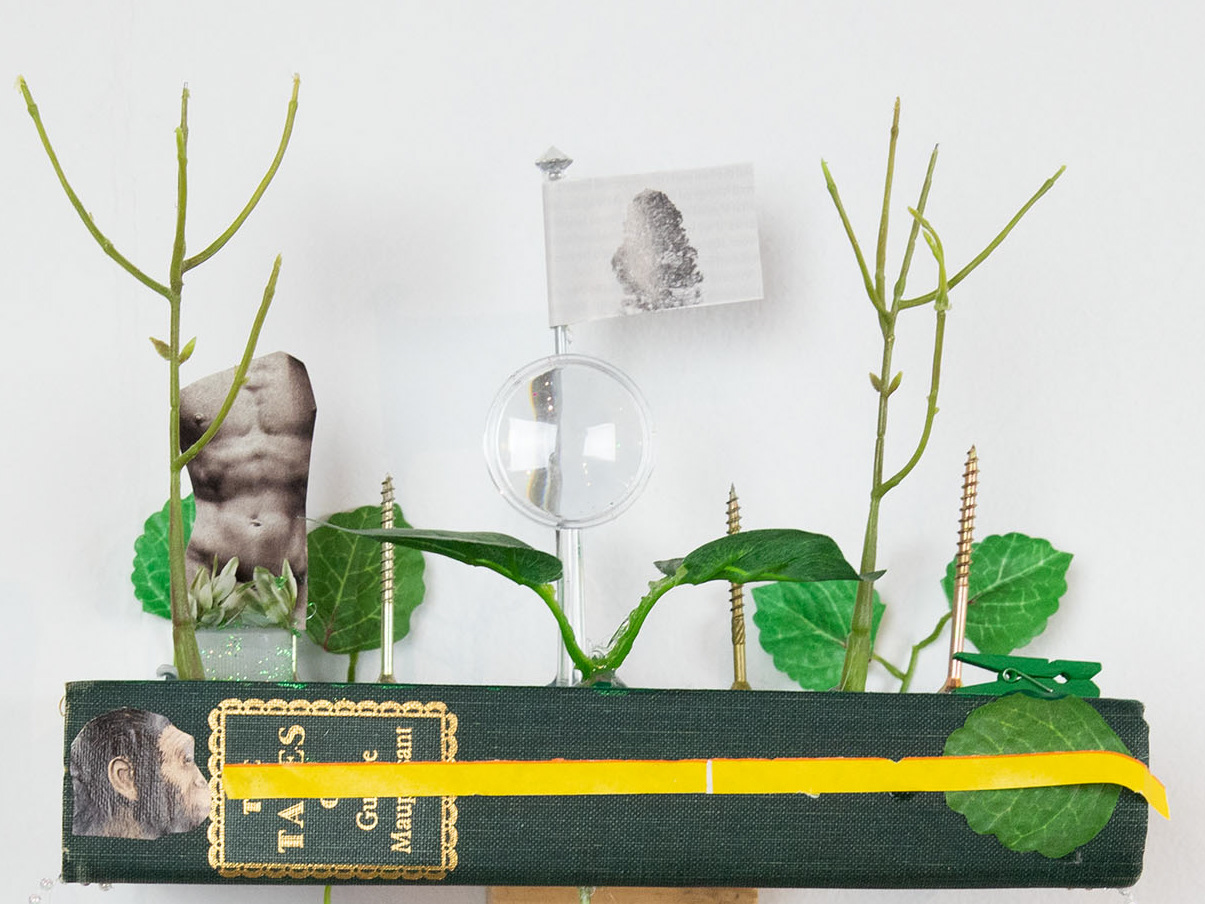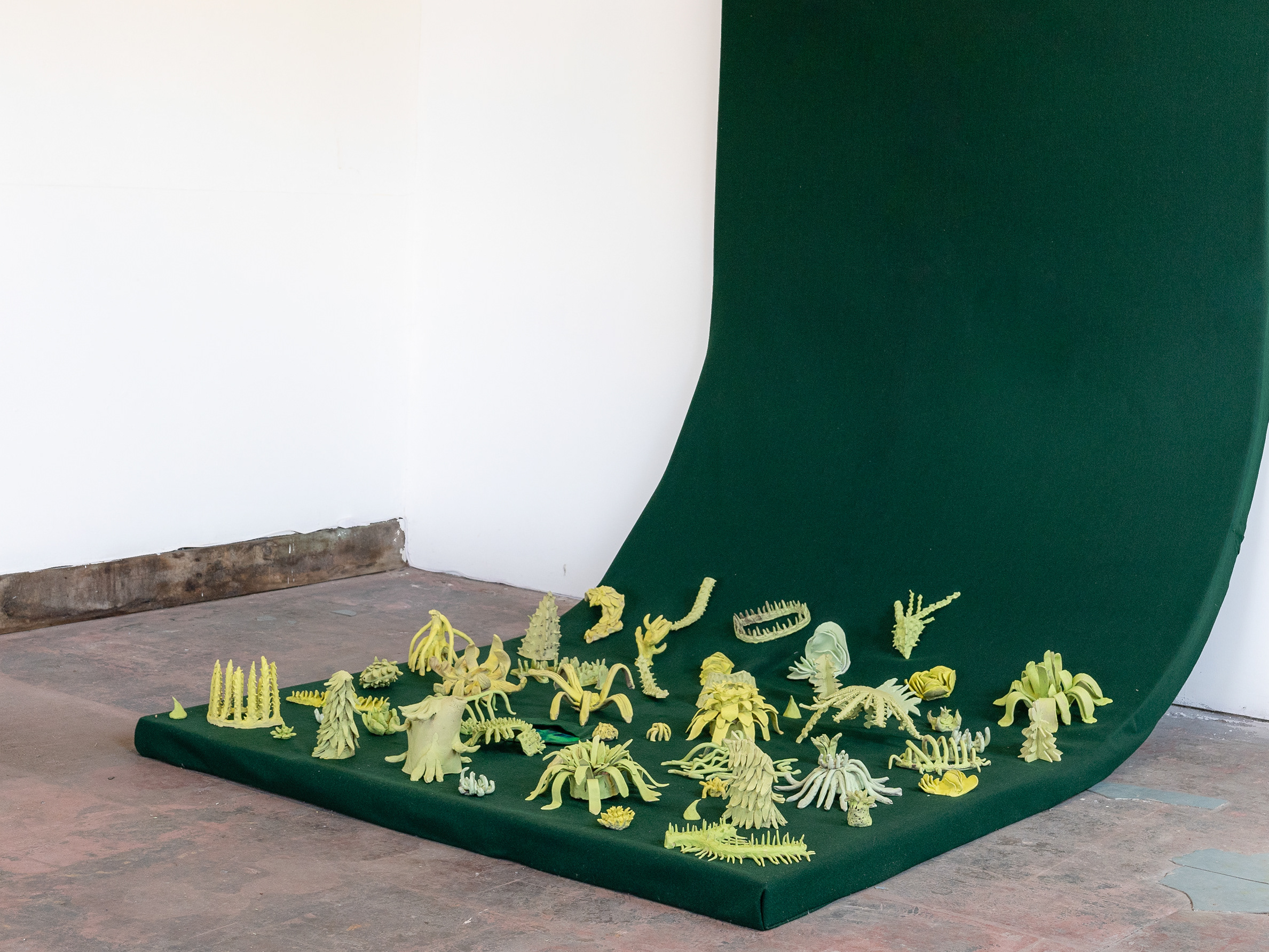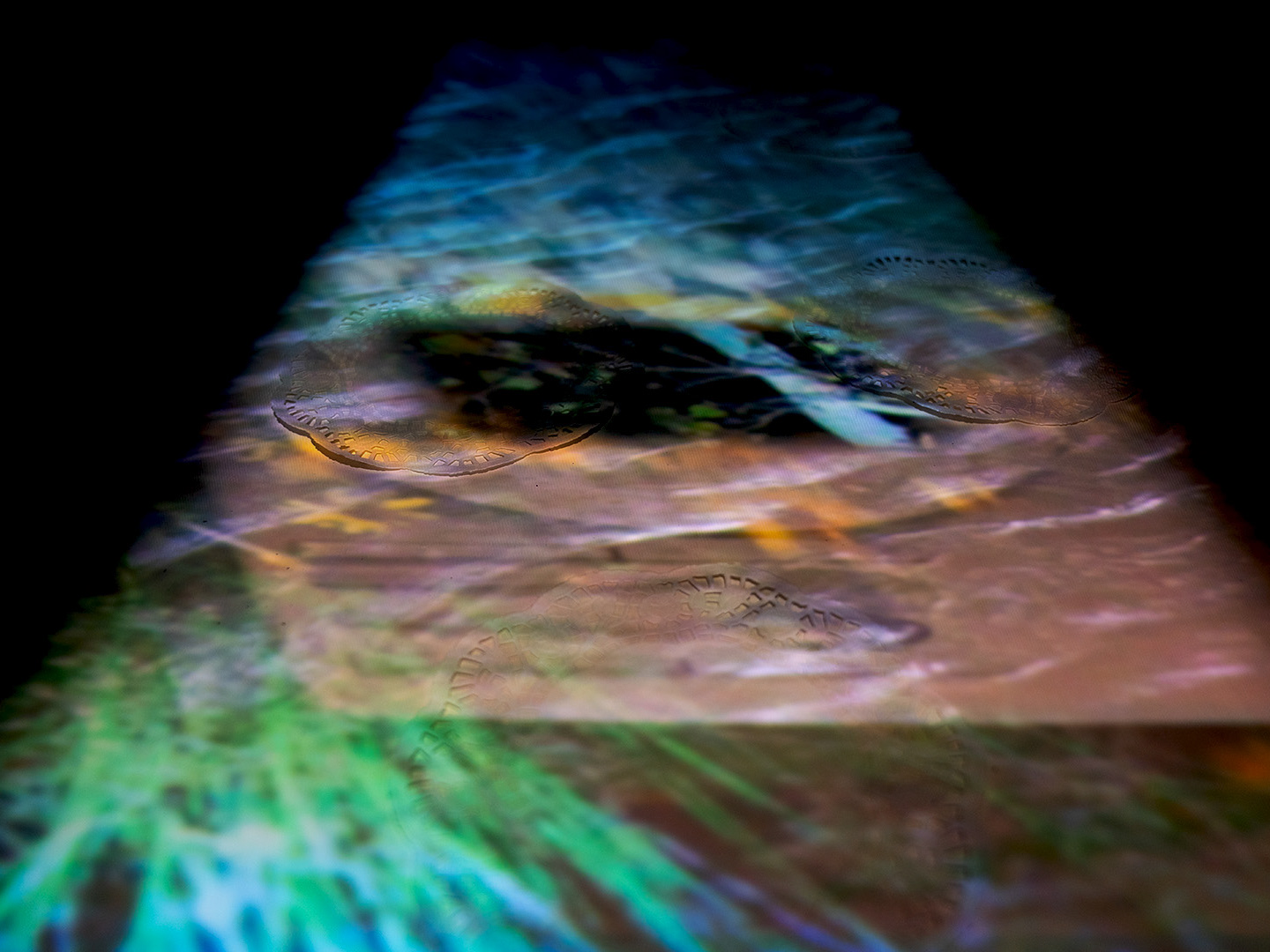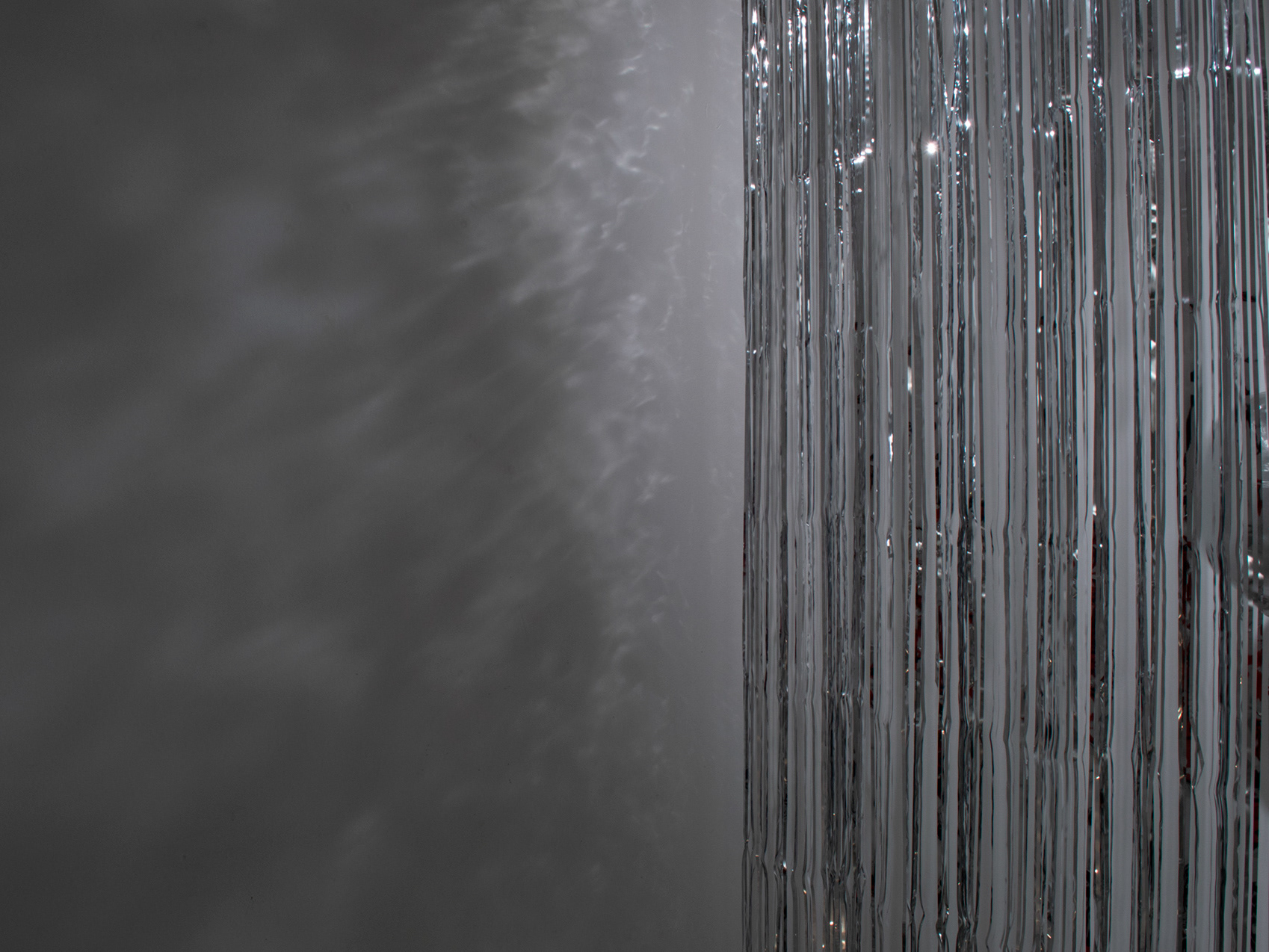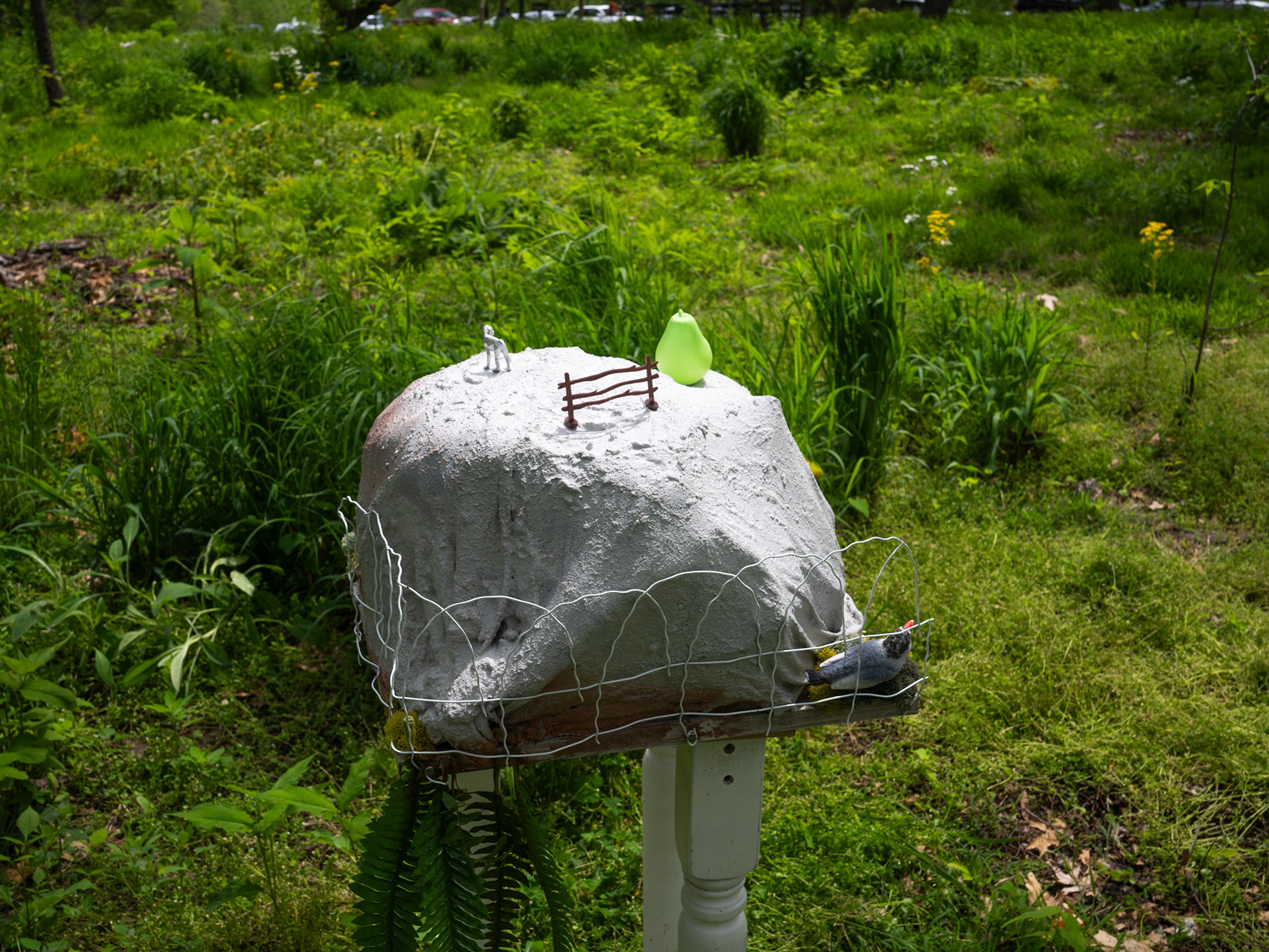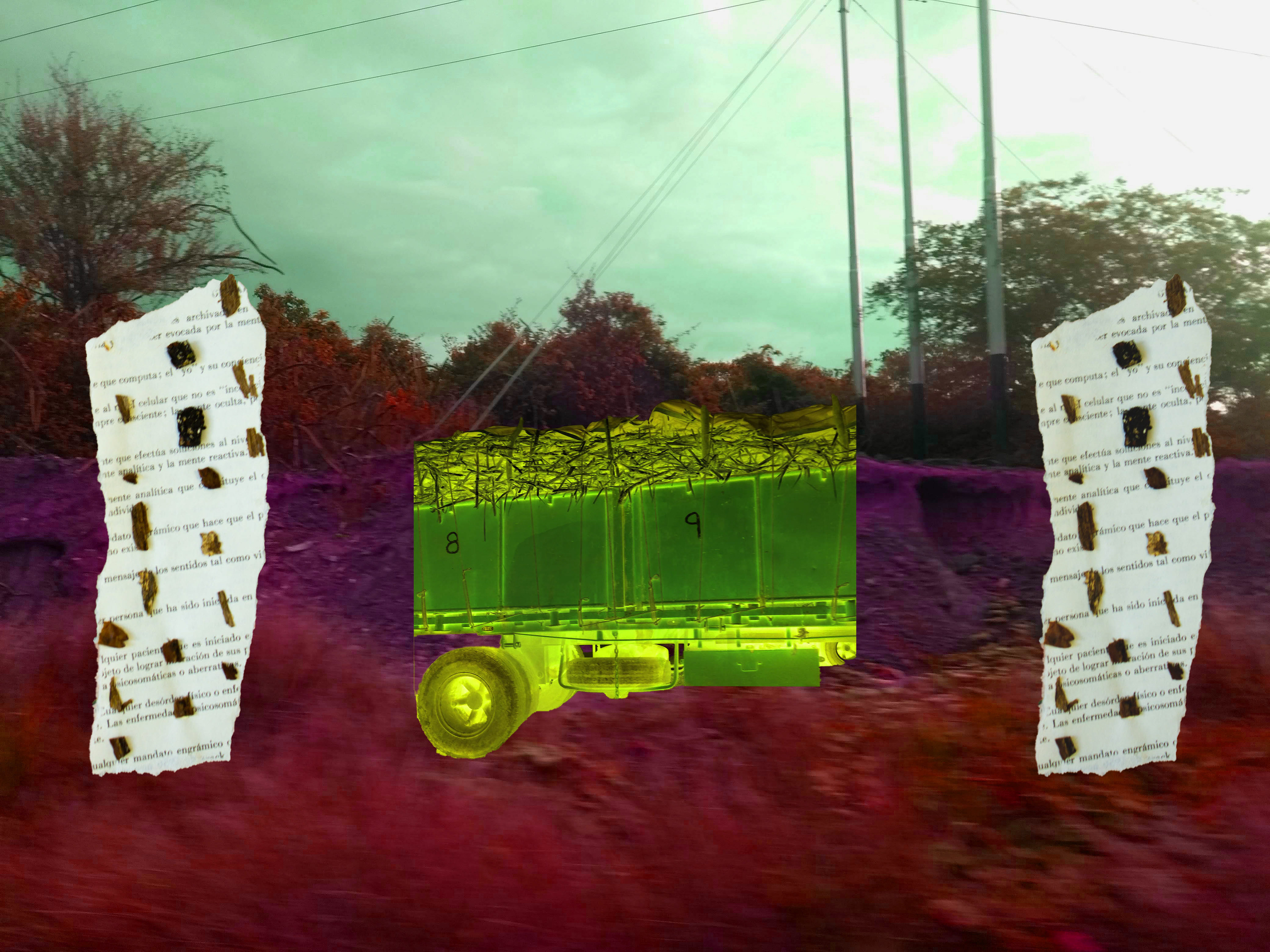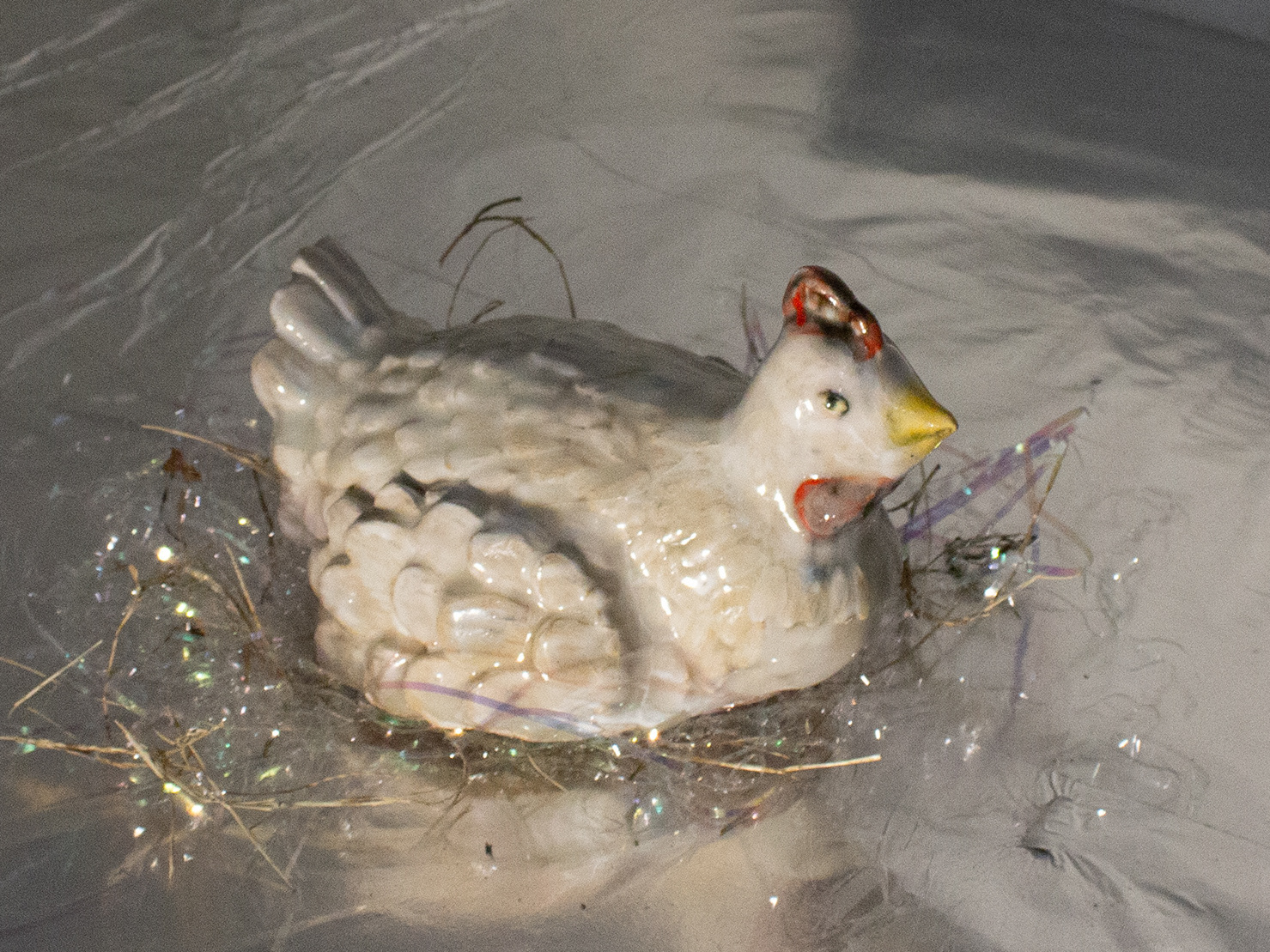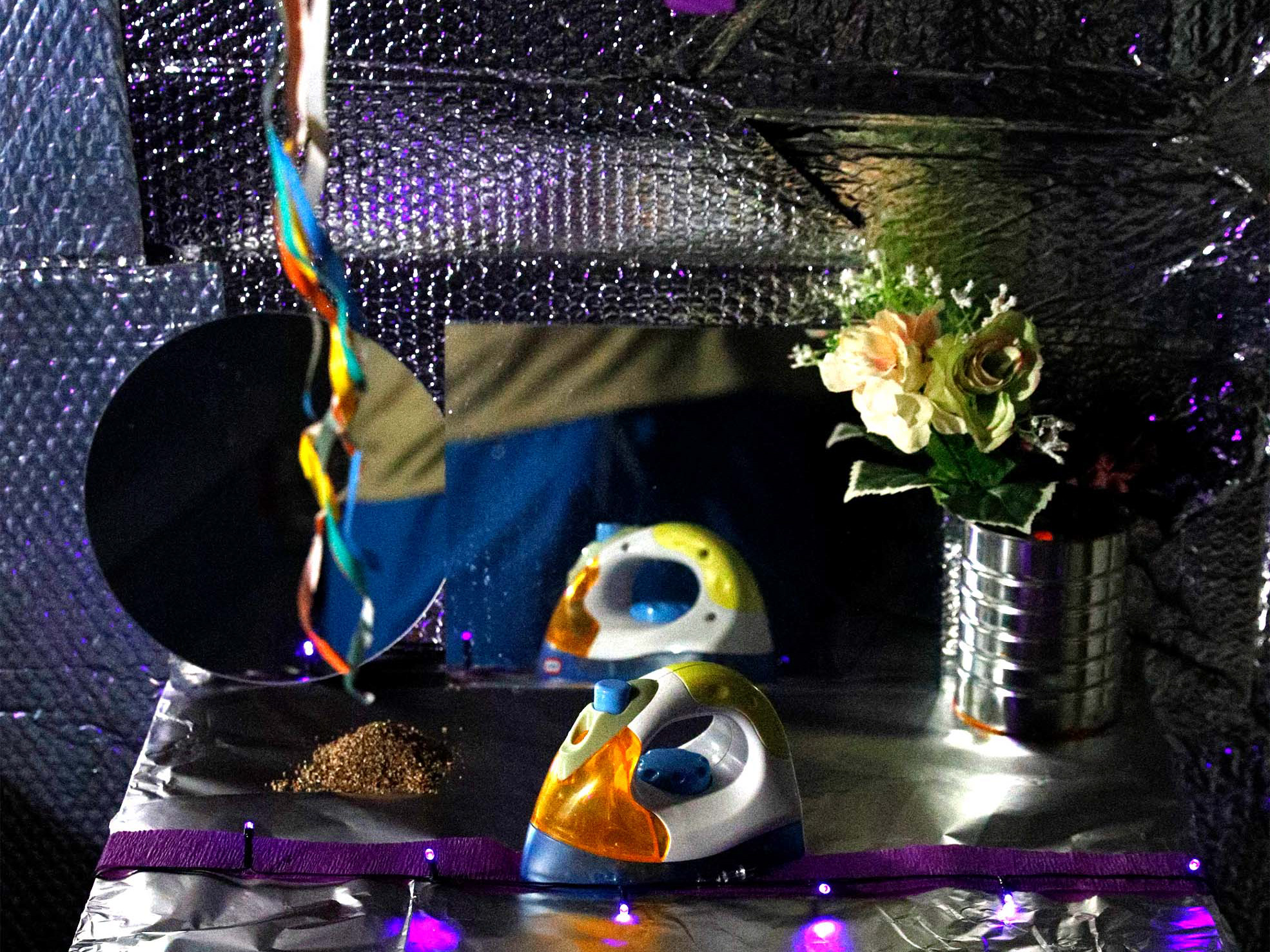The human self-domestication hypothesis builds on the finding that, compared to extant primates and extinct hominins, humans exhibit many of the distinctive morphological, behavioral, and cognitive features also observed in domesticated animals.
Domestic spaces can be seen as areas where nature is altered and regulated; physical manifestations of how we attempt to organize our sensory experiences. This is why, through speculative interventions of such fictional spaces/ objects I try to reimagine these preconfigured behaviors.
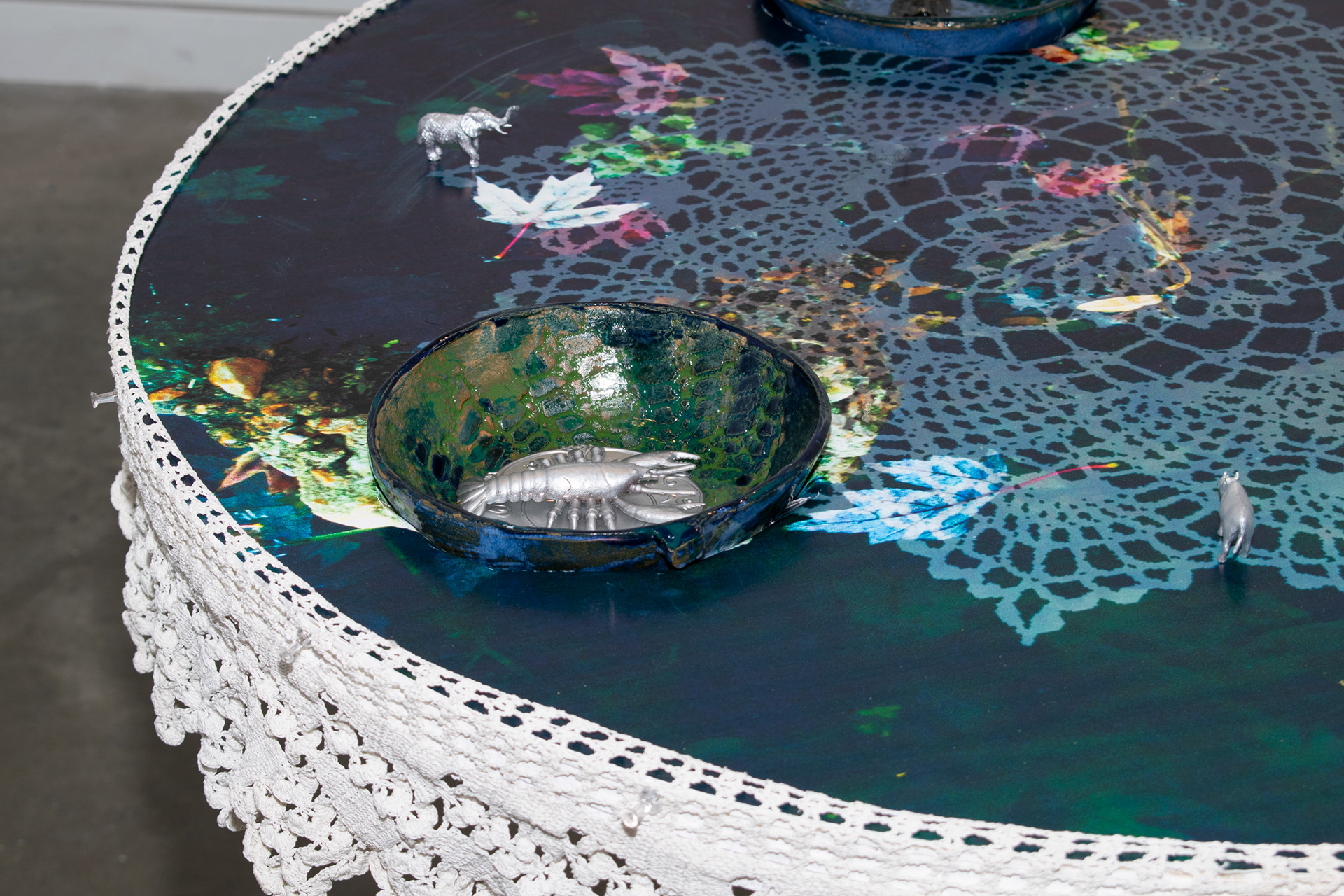
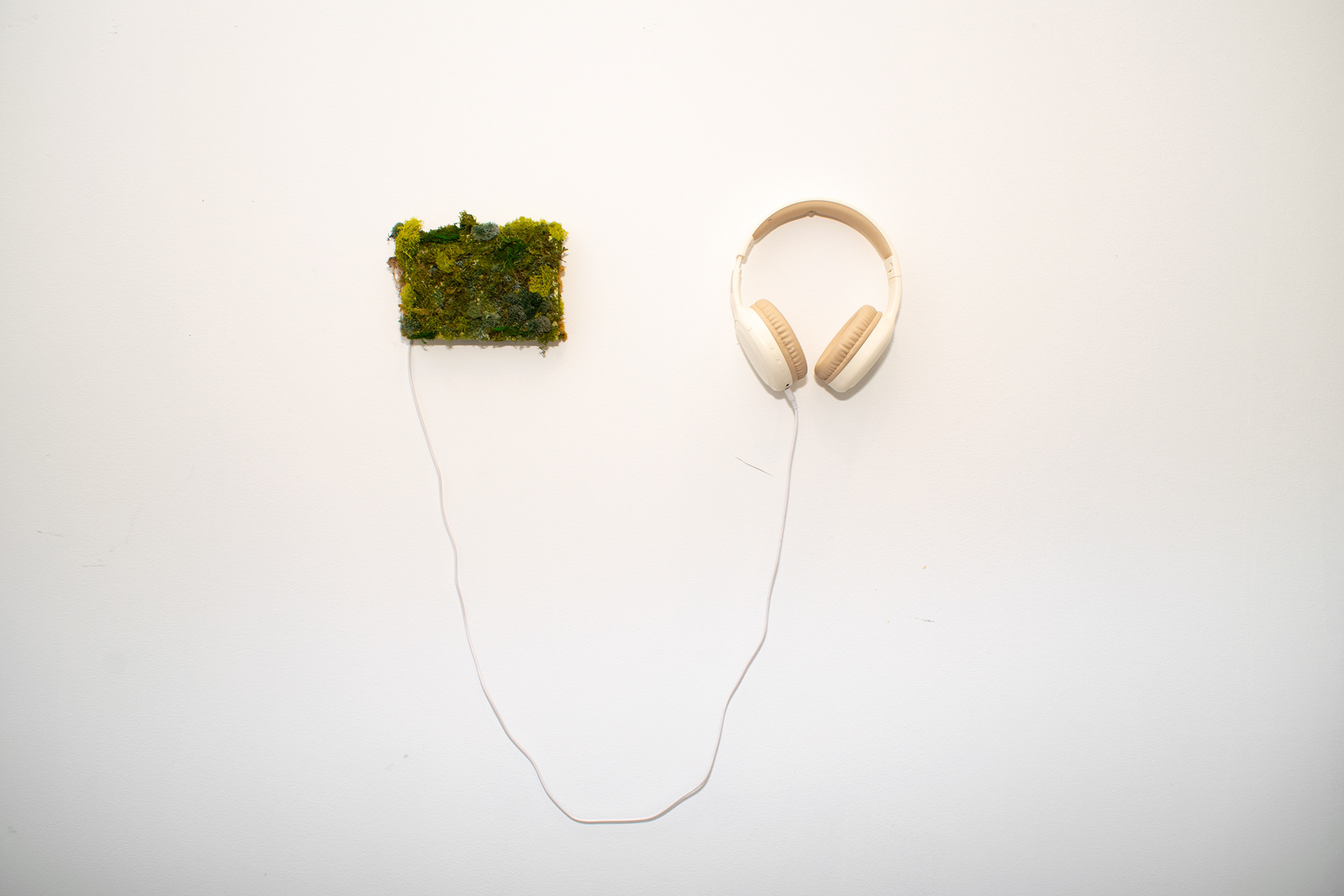
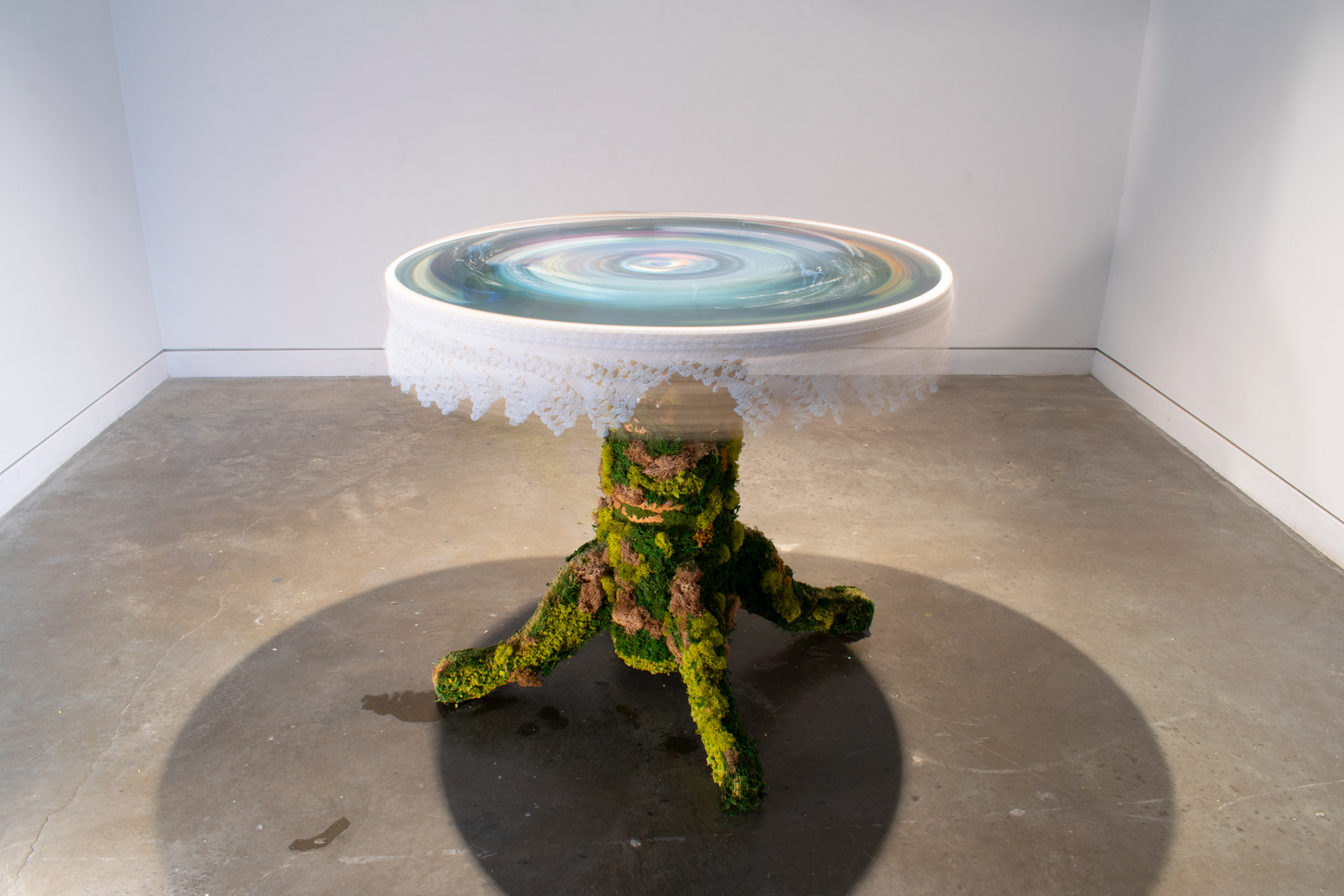
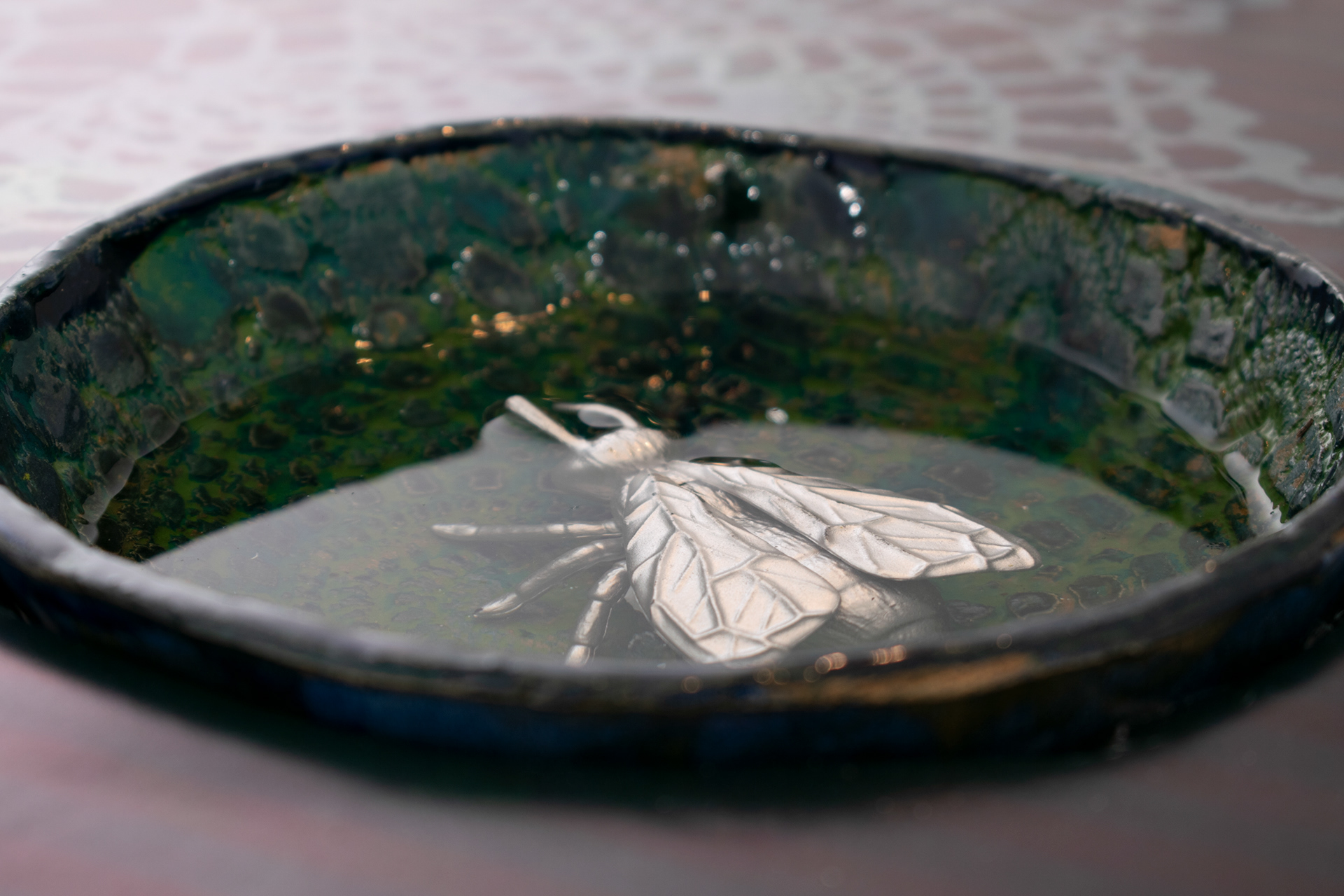
un engaño para nosotros mismos
empezamos desde la nada
¿Cómo convertirme si nunca he sido?
se rascan la espalda contra la pared
moviéndose de arriba a abajo
cómo es que me he declarado una y otra vez arrogante
en diálogos conmigo misma,
ya nadie se salva
ni el que puede
ni el que tiene
quizás el que tiene si
emerge de la tierra
y desde la oscuridad, con linternas,
somos luciérnagas
ilusos y vagos,
montículos de tierra, con ramitas sobre un charco.
la tarea de descolonizar se torno turbia
nos convertimos en una colonia de abejas
medidos en montículos de arroz
a treachery for ourselves
we begin from nothing
How can I become, if I have never been?
They scratch their back against the wall
moving up and down
How is it that I have declared myself over and over again an arrogant
in dialogues with myself,
No one is saved anymore,
neither those who can,
nor those who have,
perhaps, those who have,
they emerge from the earth
and from the darkness, with flashlights,
we are fireflies,
delusional and lazy,
mounds of dirt, with twigs on a puddle.
The task of decolonizing became shady,
turned into a colony of bees
measured in piles of rice
